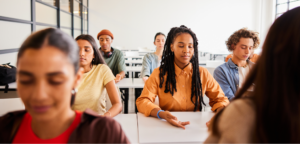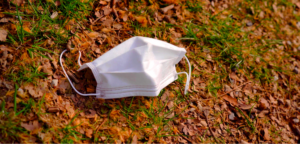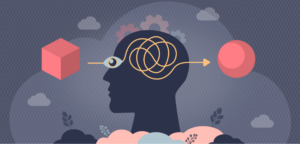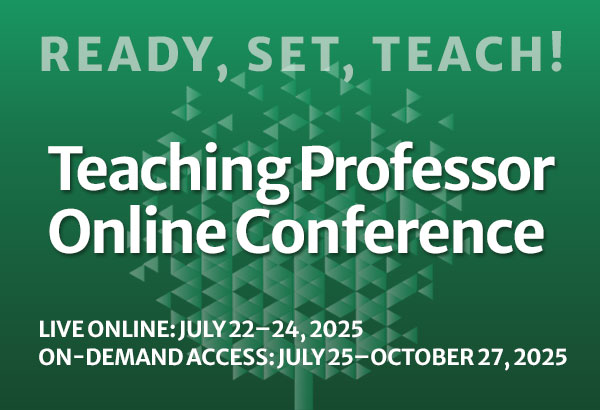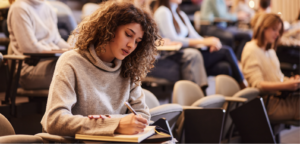
Probing Student Understanding
It’s hard to determine just how well students understand the concepts we teach. Our usual criterion for understanding is that students give a correct answer on an exam, but that leaves much to be desired (Uminski et al., 2024). In multiple-choice exams, the student may


